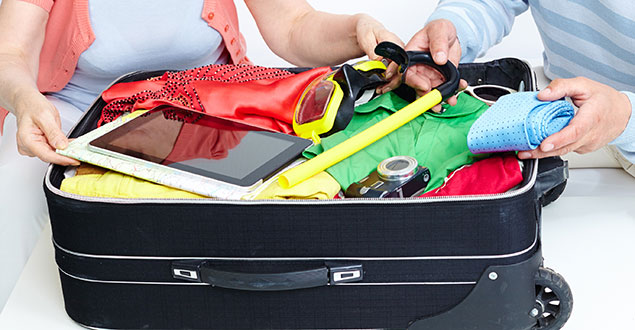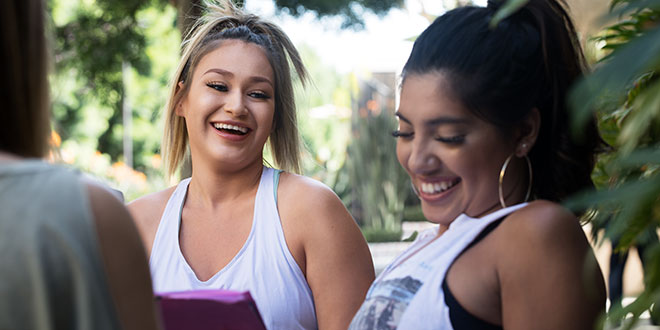Leaving your home base when you have to catheterise requires that you make some extra preparations for both your journey and stay.

Pack smart and plan ahead
When you’re away from home, it’s a good idea to make sure you have a little extra of everything - just in case. Consider the different environments you will encounter during your travels. Whether you enjoy nature, power shopping or delving into fine arts at a museum, make sure you take enough of your supplies and accessories to suit each situation. Have you made an activity plan for your trip? It’s a good idea to make a corresponding bathroom plan, too. There are many tools which can help you locate convenient bathrooms wherever you are, such as websites or smartphone apps like the 'WheelMate'.
Long journey? Prepare for it
Long travels can be a challenge. If you don't have access to bathrooms during the journey, consider a catheter and bag solution. If it’s impossible for you to catheterise during the journey at all, talk to your doctor or nurse about another solution (could be a short-term indwelling catheter). Always try any alternative solutions out at home first, so you can get comfortable with the new product.

Research before you go
While you’re researching top restaurants or must-do attractions, take some time to locate the nearest medical facility in case you need supplies, medication or accessories. It may also be useful to research whom to contact at your destination, should any catheter issues occur. If you’re going away for a long time, find the contact information for a catheter supplier where you’ll be staying - and be sure to take your prescription along with you.
If you need help
Always keep the telephone number of your nurse handy. If you are unable to reach your nurse, you can always call us any time for guidance.